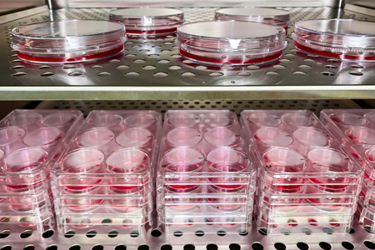Optimizing CAR T-Cell Development Starts With Your Cell Incubator

Chimeric Antigen Receptor (CAR) T-cell therapies are revolutionizing the landscape of cancer treatment to offer new hope to patients battling cancers that were previously considered untreatable. These therapies harness the power of genetically engineered T-cells to target and destroy malignant cells with remarkable precision. However, the clinical breakthroughs we see today are built upon a foundation of intricate laboratory research, where the success of each experiment hinges on the ability to maintain highly controlled cell culture environments. For laboratory managers overseeing immunotherapy studies, even slight deviations in temperature, humidity, or nutrient composition can significantly impact T-cell viability, functionality, and the reproducibility of experimental results.
As the field advances toward next-generation CAR T-cell therapies, gain a deep understanding of how to optimize these culture conditions. By refining these parameters, researchers can accelerate the development of more effective and resilient treatments, ultimately bringing life-saving innovations to patients faster.
Get unlimited access to:
Enter your credentials below to log in. Not yet a member of Cell & Gene? Subscribe today.
